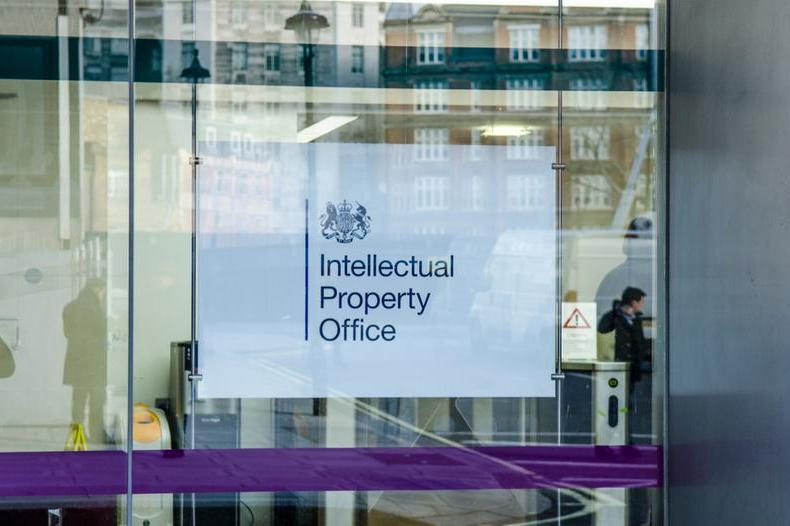UK IPO issues new guidance on broad specifications following SkyKick v Sky judgment
The UK Intellectual Property Office has published a new Practice Amendment Notice (PAN), introducing changes to trade mark examination practices following the Supreme Court's judgment in SkyKick v Sky.

The new guidance, effective immediately, says that examiners will now be instructed to actively raise bad faith objections for overly broad specifications.
It clarifies the impact of the SkyKick v Sky Supreme Court judgment on the practice followed by UK IPO trade mark examiners when looking at new applications.
The Supreme Court judgment addresses bad faith in trade mark applications, particularly concerning overly broad specifications where applicants have no intention to use the mark across all the claimed goods or services.
Please click here to read PAN 1/25 in full
Examiners will now actively challenge broad specifications
Point 12 of PAN 1/25 confirms that "As a matter of current practice, our Examiners do not routinely raise bad faith objections against overly broad specifications. This will now change."
Under the updated guidance, examiners will actively consider whether specifications are "manifestly and self-evidently broad" and may raise bad faith objections during the examination process.
Point 15 of the PAN sets out what happens if an objection on the grounds of bad faith is raised. It states: “If an objection is raised by an Examiner, the applicant will be given an opportunity to provide an explanation of an appropriate commercial rationale for the goods/services concerned. They may also elect to restrict the goods/services to a specification that more appropriately reflects the commercial rational. As per standard practice, a period of two months will be permitted for a response. If the Examiner is not persuaded to waive the objection, the applicant will retain the opportunity to be heard and/or to appeal.”
What this means for trade mark applicants
The UK IPO emphasises that trade mark applicants should ensure specifications represent “fair and reasonable claims in the context of their businesses, for the purpose of denoting trade origin”.
Applicants must be prepared to explain their commercial reasons if challenged on the scope of an application.
What is deemed bad faith will depend on the individual nature of businesses. The PAN points out that “it is possible for the same specification to constitute a good faith filing for one applicant, but bad faith for another”.
Background to the SkyKick case
The Supreme Court's judgment concluded a long-running dispute between Sky and SkyKick that began in 2016. Sky had claimed infringement of its trade marks for 'SKY' by SkyKick's use of similar marks for email migration and cloud storage services. SkyKick successfully argued that Sky's registrations contained excessively broad specifications filed without genuine intention to use across all claimed goods and services.
The Supreme Court found that whilst SkyKick had infringed Sky's trade marks for the services it actually provided, Sky's registrations were partially invalid for bad faith in relation to goods and services outside Sky's genuine commercial scope.
The UK IPO’s Deputy CEO and Director of Services Andy Bartlett said: “Following the Supreme Court’s judgment in the ‘Skykick’ case, we are issuing guidance to provide greater clarity and certainty for trade mark applicants and their representatives.
“The ruling represents a significant development in trade mark law, and this Practice Amendment Notice explains what is expected from applicants, and how our examination practices will change as a result.
“Understanding these changes will help our customers prepare appropriate specifications and avoid potential challenges and unnecessary delays in the application process.”
The UK IPO has indicated that customers requiring further information about the new guidance can contact [email protected].
This development underscores the importance of seeking professional advice from a Chartered Trade Mark Attorney when applying to register a trade mark, particularly given the increased scrutiny that broad specifications will now face during examination.

